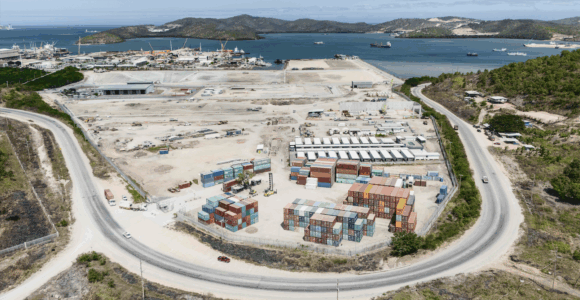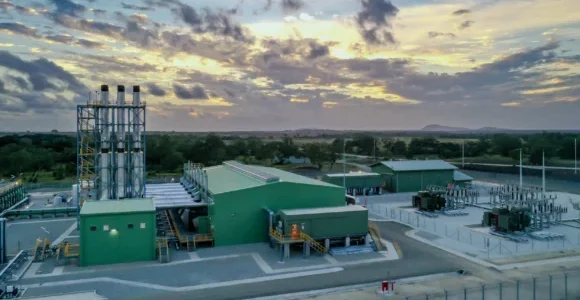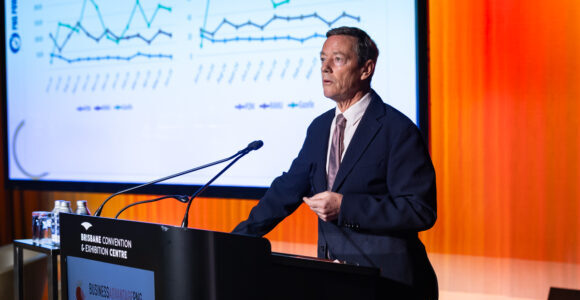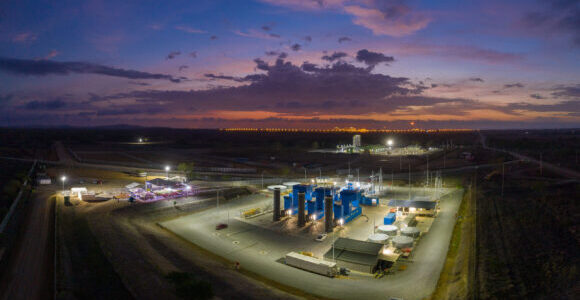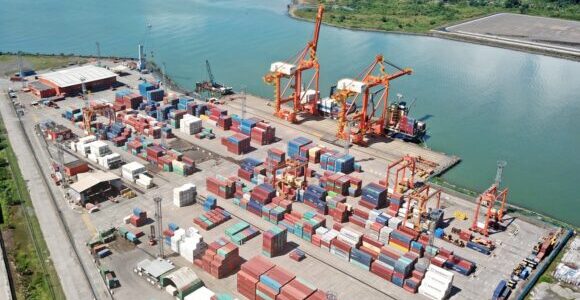Papua New Guinea SOE reforms show progress, but work remains: ADB expert
Papua New Guinea has taken positive steps to improve the performance of its state-owned enterprises, but further reforms are needed to deliver lasting gains, Laure Darcy, one of the Asian Development Bank’s leading SOE experts for the Pacific, tells Business Advantage PNG.
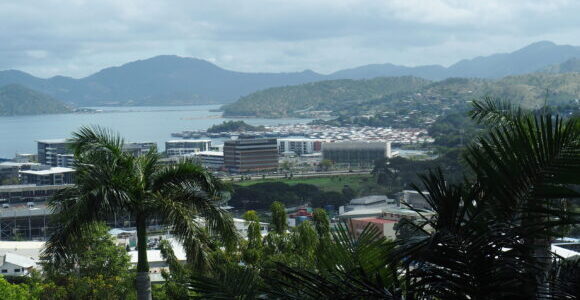
PNG’s SOE reforms have been a positive, but work remains for decision makers in Port Moresby, according to a top Asian Development Bank expert. Credit: BAI
Reforms to strengthen governance and transparency at state-owned Kumul Consolidated Holdings (KCH) have been a positive step, but work remains, according to Laure Darcy, a long-time advisor to KCH on behalf of the Asian Development Bank (ADB).
“What we have is certainly better than before, in that you have an empowered KCH with processes in place to vet candidates for specific skills to sit on the board,” Darcy tells Business Advantage PNG of the 2021 amendment to the Kumul Consolidated Holdings Authorisation Act.
“But it’s unfinished business. You still have the NEC [National Executive Council] appointing board members and approving corporate plans, and that creates political oversight which tends to diffuse the commercial mandate.”
Darcy was speaking with Business Advantage PNG following the June 2025 publication of ‘Structuring for success: models of state-owned enterprise ownership,’ which she co-authored in her capacity as State-Owned Enterprise and Public-Private Partnership Expert for the ADB’s Pacific Private Sector Development Initiative (see box below).
“As soon as you’ve got part of your shareholding from a private body that is fully committed to a commercial outcome, then there’s no going back.”
PNG’s state-owned enterprises (SOEs) routinely underperform their regional peers, returning an average 0.3 per cent return on assets (ROA) and 0.6 per cent return on equity (ROE) from 2010-2020, compared to 1.9 per cent ROA and 1.3 per cent ROE across eight other Pacific countries, according to a previous ADB report, ‘Finding Balance’, published in 2023.
Darcy, who also co-authored that report, names political interference as one of the root causes of the underperformance of Papua New Guinean SOEs.
“We’re trying to allow KCH and the SOEs to be commercially successful. But to do that, they have to be allowed to operate under a fully commercial framework,” she says.
Privatisation potential
One reform that would boost SOEs, Darcy argues, is partial privatisation – which is currently being planned for a number of KCH subsidiaries including Telikom PNG and Air Niugini.
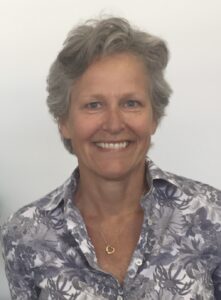
Laure Darcy
“The best way to lock in that commercial focus and accountability within individual SOEs is to introduce private sector participation,” she says. “As soon as you’ve got part of your shareholding and representation on the board from a private body that is fully committed to a commercial outcome, then there’s no going back.”
Darcy points to the privatisation of Papua New Guinea Banking Corporation and its amalgamation with BSP in 2002, which led to the creation of the BSP Financial Group, as an example for other SOEs.
“The government initially sold a 51 per cent interest and has subsequently sold more, but it has made back many multiples in terms of dividends and tax revenue,” Darcy notes.
Learning from the region
Looking to the Pacific region, Darcy points to New Zealand’s 2013 sale of 49 per cent of three large electricity providers as proof that partial privatisation can strengthen the ownership oversight of SOEs.
The government received NZ$4.3 billion (K10.7 billion) from those share sales, and its cash dividends doubled afterwards, despite its reduced interest.
“The New Zealanders would point to that as a very positive experience. They kept a controlling interest. Maybe they didn’t feel like they needed to bring in a strategic investor with external expertise to help manage the gencos,” she says.
“But if you have a state enterprise that really needs external management expertise, new capital, and access to new markets and technology, you probably would be looking to have a privatisation strategy that that involves bringing in a strategic investor.”
Positive momentum
Darcy is encouraged by recent signs of reform in PNG, particularly KCH’s June 2025 memorandum of understanding with the PNG Stock Exchange, which will aim to support the development of a tailored governance code for SOEs.
Ultimately, she believes progress will depend on whether PNG can follow through on its reforms.
“It’s going to require constant effort and focus and commitment to allow SOEs to operate as independent commercial entities,” she says.
ADB’s recommendations for SOE ownership monitoring
Effective SOE ownership monitoring is a fine balance between ensuring the SOE board can exercise its powers and duties with commercial independence, according to Laure Darcy and her colleague Christopher Russell, co-authors of ‘Structuring for success’, published in June 2025 by the Asian Development Bank’s Pacific Private Sector Development Initiative.
According to the report’s authors, this balance is best achieved when:
- The government establishes a properly resourced centralised ownership monitor with the expertise to act in a manner similar to a private sector investment advisor;
- A modern SOE law is enacted that defines the government’s role as owner and how it will exercise that ownership;
- The various government roles that impact on SOEs are legally separated; and
- Directors are appointed who have the skills, knowledge, and experience to assist the SOE achieve its commercial mandate, and they are empowered to undertake their duties and obligations without undue political interference.
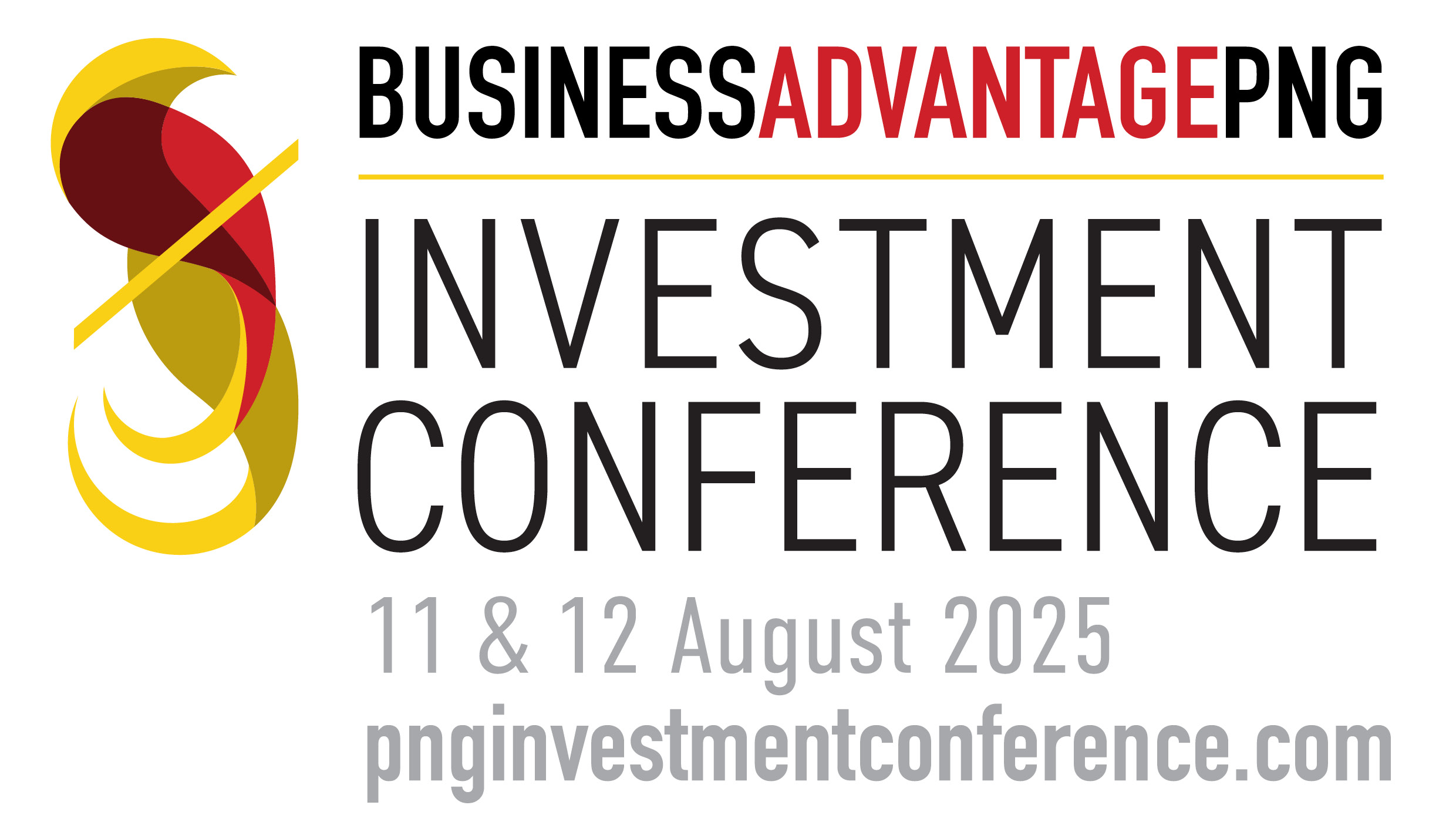 KCH Managing Director David Kavanamur will speak about opportunities for private sector participation in Papua New Guinean SOEs at the 2025 PNG Investment Conference, held on Monday 11 & Tuesday 12 August at the Brisbane Convention and Exhibition Centre. You can register to attend the event and find out more information about it here.
KCH Managing Director David Kavanamur will speak about opportunities for private sector participation in Papua New Guinean SOEs at the 2025 PNG Investment Conference, held on Monday 11 & Tuesday 12 August at the Brisbane Convention and Exhibition Centre. You can register to attend the event and find out more information about it here.

